Hitler and Nazi Germany
Weimar Germany
After World War One the Treaty of Versailles was damaging to Germany and its economy. The Nazis took advantage of these difficulties to gain support.
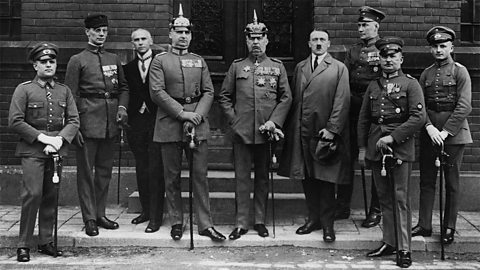
Nazi rise to power
In Germany during the 1920s the Nazis took advantage of circumstances, and used propaganda and Hitler鈥檚 leadership to appeal to different groups and increase their popularity.
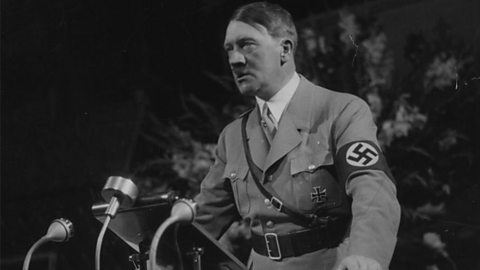
Nazi control of Germany
In the 1930s the Nazis had control over Germany. They persecuted the Jewish people and others believed to be 鈥榰ndesirable'.
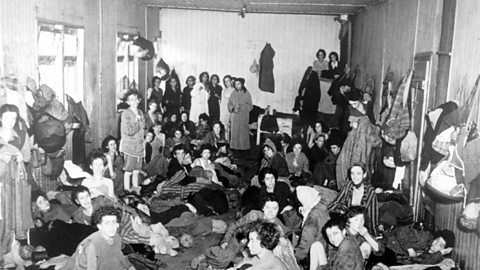
Nazi social and economic policies
In the 1930s the Nazis began rearmament which created thousands of jobs. They expected the German people to follow the Nazi way of life and used the Nuremberg Rallies to get their message across.
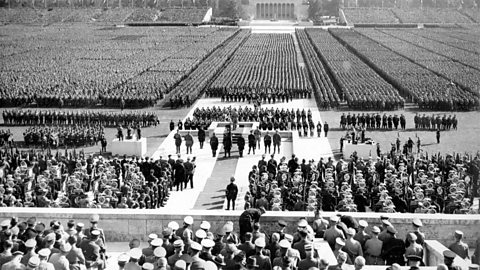
Video playlist
Neville Chamberlain achieves 'peace with honour' Video
Chamberlain negotiates the Munich Agreement, giving the Sudetenland to Germany.
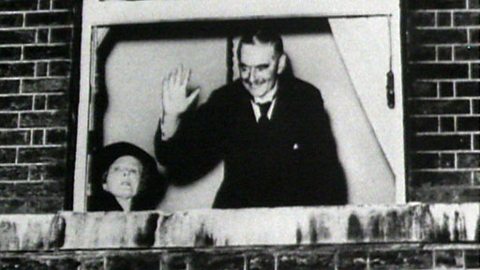
Did Hitler always want war? Video
Did Hitler want war from the start or did he want revenge for Versailles?

Hans and Sophie Scholl and the resistance leaflets. Video
A brother and sister who actively resisted Nazism and everything that it stood for.
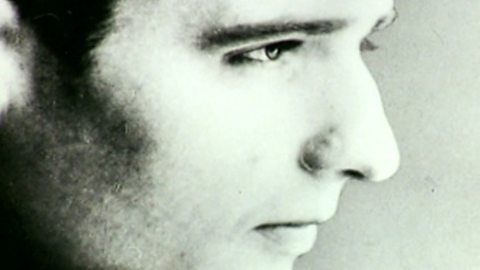
Chamberlain and the Munich Conference. Video
Hitler's demands for the Sudetenland led to the Munich Conference in 1938.
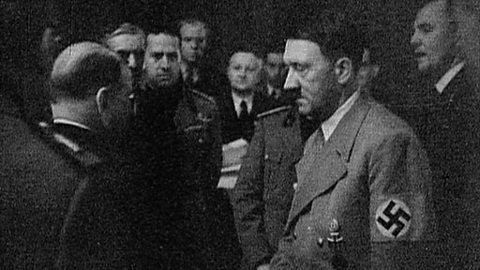
Attitudes of the British aristocracy towards Hitler and Germany. Video
Attitudes of the British aristocracy to the leadership and progress in Germany.
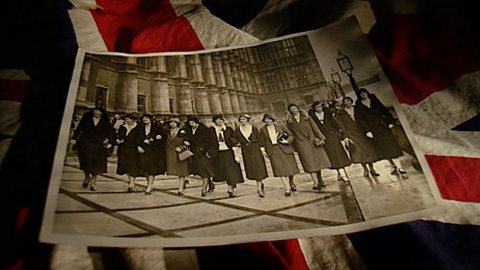
The Anschluss. Video
The Anschluss led to discrimination against the Austrian Jews.

How the Depression helped Hitler come to power. Video
The Wall Street Crash in America led to the Depression, which was exploited by Hitler.
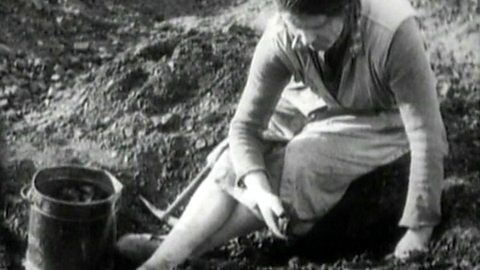
How Hitler became chancellor. Video
From Hindenburg's use of Emergency Powers to Hitler's achievement at the 1933 election.
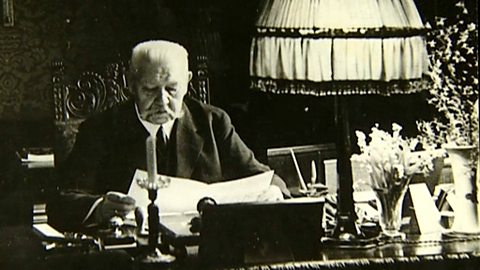
Kristallnacht - the Night of Broken Glass. Video
The full devastation of Kristallnacht and the loss of hope in the Jewish community.

Links
- External linkExternal link
- External linkExternal link
- External linkExternal link
- External linkExternal link